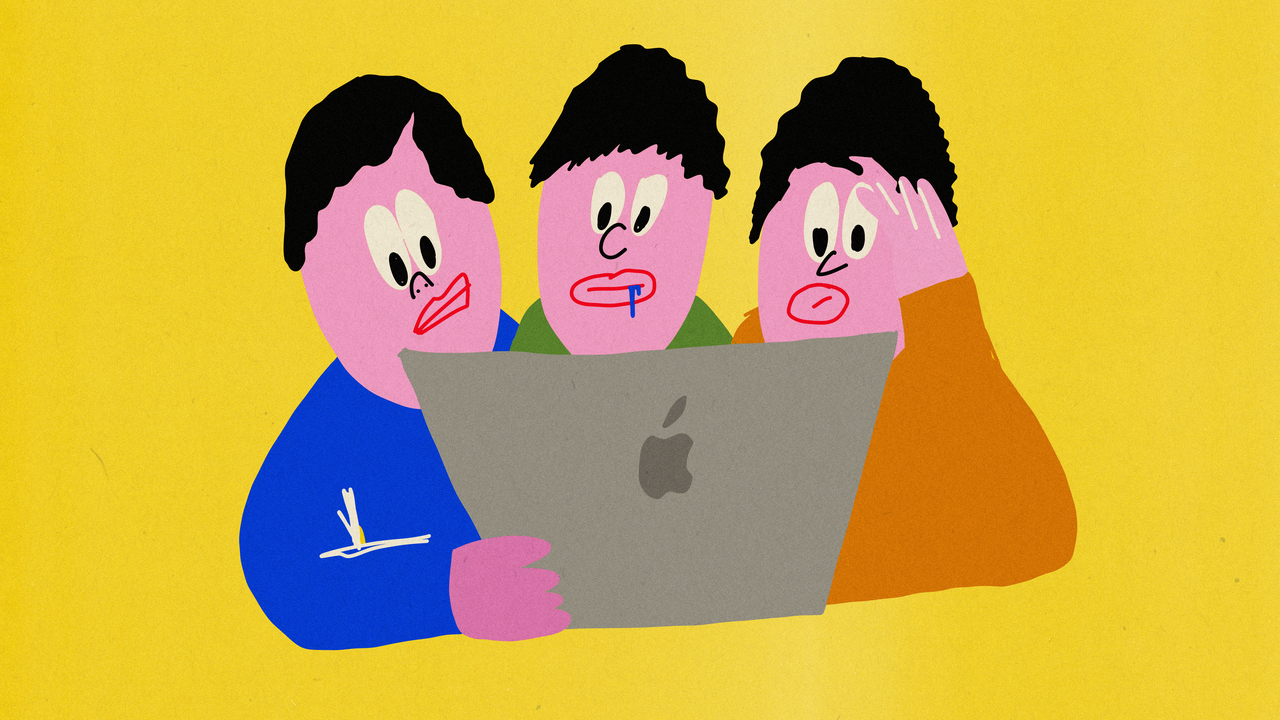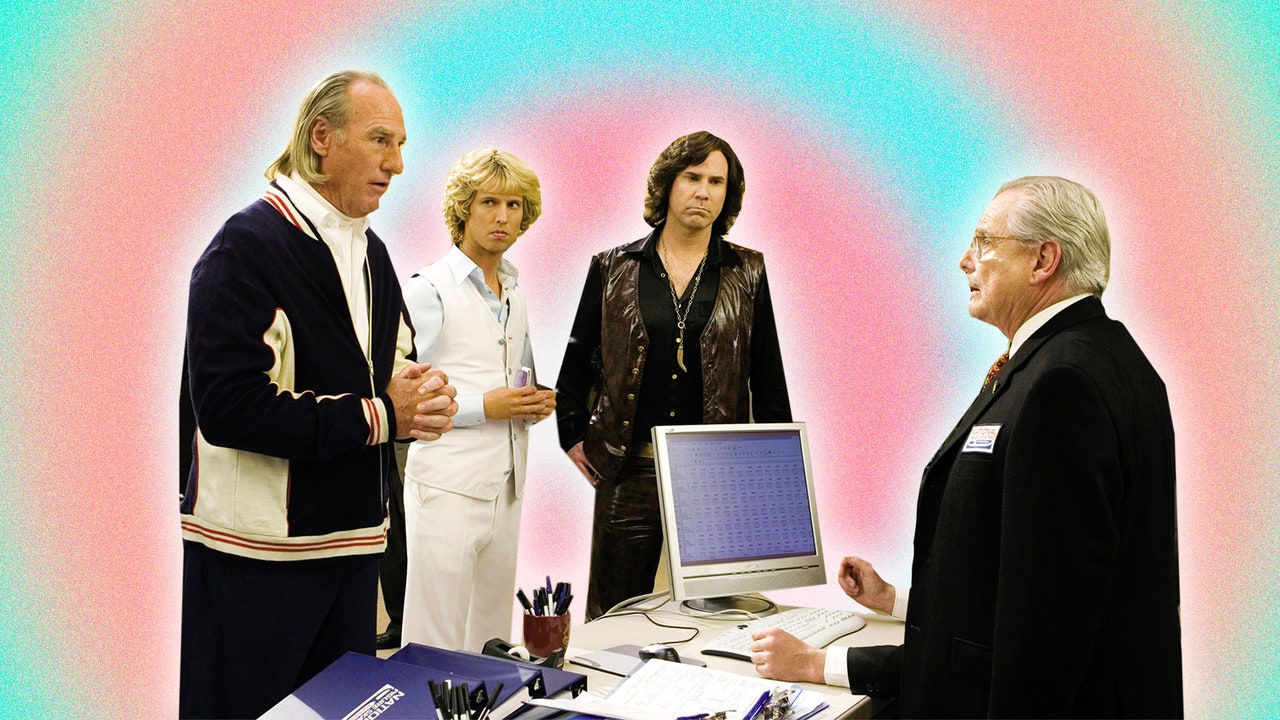Guide to Enjoying Summer as a Single Person by Lisa
Summer is here, and with it comes the familiar scent of barbecues, the inevitable tan lines, and the sight of your own knees more often than you’d like. It’s the season of weddings and holidays, and while it may seem daunting for those who are single, it’s actually the perfect time to enjoy your freedom. Here’s how to navigate the summer months while maintaining your sanity and dignity.
Embrace Fitness and Show Off Your Physique
Welcome to summer, the only season where it’s socially acceptable to walk around shirtless. July and August are your golden tickets to flaunt your physique. So, hit the gym, get familiar with protein balls and salads, and forget about carbs. Be ready to go shirtless at a moment’s notice.
Enjoy Outdoor Activities with Friends
Being single means more time for simple, fun activities that often get sidelined when you’re in a relationship. It’s like reliving your youth, minus the awkward fashion choices. Celebrate your freedom by playing football or frisbee in the park with your friends. And remember, being shirtless can be a great conversation starter.
Have Fun at Barbecues
Barbecues can be a mixed bag, but as a single guy, you have the freedom to enjoy them on your own terms. Show up, have fun, flirt a little, and leave before the toddlers can spill their drinks on you.
Transform Your Garden and Enjoy a Cold Beer
Embrace the therapeutic benefits of gardening. Create a beautiful space, invest in stylish garden furniture, and spend your summer enjoying nature with a cold beer in hand.
Embark on an Unforgettable Holiday
Take advantage of your freedom and go on a holiday that’s all about you. Whether it’s an adrenaline-fueled adventure, a geeky convention, or a hedonistic retreat, make it a trip to remember.
Discover Yourself
Use your newfound free time to embark on a journey of self-discovery. Whether it’s attending a retreat, writing your autobiography, or simply spending time alone, embrace the opportunity to get to know yourself better.
Revamp Your Wardrobe
Being single means you’re free to experiment with your style. Summer is the perfect time to discover your inner fashionista. Who says you can’t pull off wide-leg trousers? The answer is no one.
Experience Summer Dating
Being single doesn’t mean you can’t date. Summer dating can be a wild ride, with plenty of unique events and opportunities to meet new people. And remember, sunglasses are your best friend – they allow you to discreetly check out others without your date suspecting a thing.
Be the Coveted Single Guy at Weddings
Weddings can be a goldmine for single guys. Arrive looking sharp and ready to dance, and you’ll soon be the center of attention. Take advantage of the opportunity to meet other singles and have a great time.
Enjoy Regular Nights Out with Friends
This one is self-explanatory. Enjoy your freedom and have fun with your friends as often as you like.
Explore Casual Relationships
Summer is a time when people are more open to casual relationships. As long as everyone is on the same page and practices safe sex, there’s no harm in having a bit of fun. Just remember to be respectful and considerate of others’ feelings.









